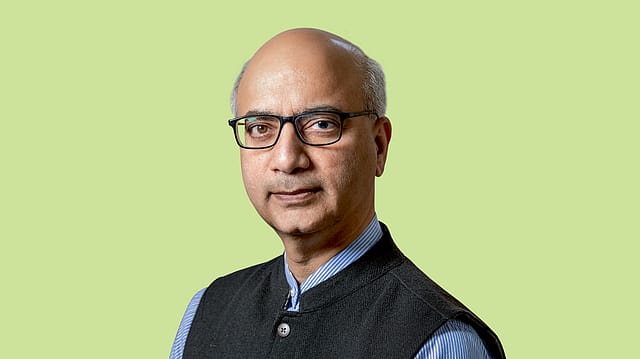Buying The Right Term Insurance
ADVERTISEMENT

FIFTEEN YEARS AGO, the founder of a large US-based term insurance distributor visited India to explore opportunities to set up a business in the country. He left after concluding that the term cover market here was too nascent. At that time the most common question I got asked was, "Why should anyone buy term insurance when nothing is paid back on survival?" But now things are dramatically different. Most often, I get asked, "How can I buy the right term cover?"
The regulator has had a key role in this tranformation. Several years ago, they introduced regulation that did not allow any exclusion in term plans, except suicide in the first year. With that one change, claim settlement increased materially and term insurance became a product where one did not have to worry about the fine print. Similarly, the law was modified so that after eight years a claim cannot be rejected.
There are four decisions to consider while buying a term cover: How much sum assured to opt for, which insurer to select, how to buy, and what information to declare to insurers. The sum assured decision is relatively straightforward. Aim for 10 times your current annual income — a rough sense of the time it may take your family to be financially independent if you were to die. Then, pick insurers with high claim settlement rates, persistency, and few complaints. The information is in IRDAI's annual reports, but you can also rely on fact-based rankings as in this current issue.
The how-to-buy decision can be to use an intermediary or go directly to the insurer. The advantage of working with intermediaries is that they can guide you through insurer selection, documentation, and medical tests. A good intermediary will help your family with claims as well.
The advantage of buying directly from insurers is that some will give a small discount for a direct sale. There has been considerable focus in recent years to encourage buyers to purchase directly from insurers. The phrase 'zero-cost' insurance has been used. But buying directly is not zero cost because the work of policy comparison, placement, and claims support still needs to be done by someone.
How much information should you disclose? Just what is asked and no more. For example, if you have a medical condition, or are on medication, it should be specified. Undiagnosed problems need not be highlighted. Accurate financials are needed to demonstrate that the sum assured is reasonable.
There are other good practices to follow as well. Declare a beneficial nominee. This ensures that the insurance benefit is paid to the person you intend. A beneficial nominee is one of your legal heirs and you can pay them in any proportion you choose.
Do not forget to renew. A break in renewal allows insurers to decline renewal if your health has worsened. Set up auto-debits, reminders or whatever method you are comfortable with. Every few years look at term insurance rates. These have been steadily reducing and sometimes it may make sense to buy a fresh insurance to replace an old one, even factoring in that you have grown older.
Finally, keep the insurance where your family will find it. Consider using an e-insurance account or Digi-locker.
Returning to the US-based term insurance distributor from 15 years ago, the market is no longer nascent, term covers are sophisticated, claims are regularly paid, and demand is high. Maybe it’s time to reconsider an India entry.